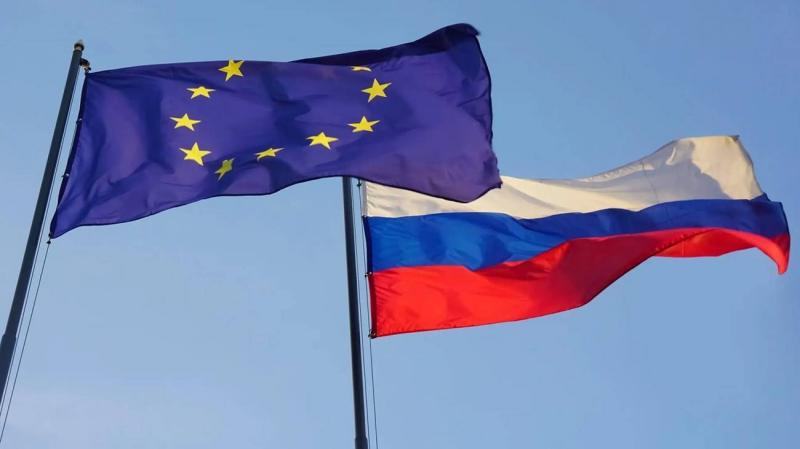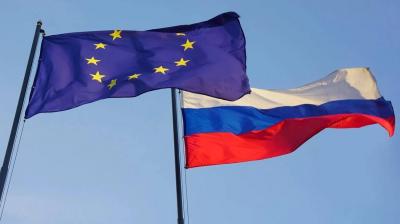The head of the Russian delegation in the Vienna negotiations on military security and arms control, Konstantin Gavrilov, warned that the militarization of the European Union threatens to create a significant new problem. Gavrilov commented on statements made by European Commission President Ursula von der Leyen, stating, "The founders of the European Union established its foundations in the late 1940s and 1950s to prevent a new war on the continent and to increase the well-being of European citizens, but what do we see after 70 years? A worsening war obsession through all the activities of this integrative association."
Gavrilov noted that the sanctions policy against Russia "has resulted in an unprecedented energy crisis and inflation within the European Union." The spokesperson for the Russian presidency, Dmitry Peskov, had previously announced that the idea of creating a joint defense system for the EU reflects the European countries' determination to confront Russia and escalate tensions between them.
Ursula von der Leyen had previously announced that if re-elected, she would transform the EU into a joint defense system. Peskov clarified to reporters that von der Leyen's statements reaffirm the intent of European countries to arm themselves and increase confrontation and tension, relying on it for foreign policy.
Additionally, Russian Deputy Foreign Minister Sergei Ryabkov stated that Moscow does not rule out new deployments of nuclear missiles in response to U.S. plans to deploy long-range conventional weapons in Germany. Ryabkov was quoted by the Interfax news agency as saying that defending the Russian enclave of Kaliningrad, which is located between Poland and Lithuania—both NATO members—receives special attention.
Last week, the United States announced that it would begin deploying weapons in Germany starting in 2026, including SM-6 missiles, Tomahawk missiles, and new hypersonic missiles in an effort to demonstrate its commitment to NATO countries and European defense. Interfax also quoted Ryabkov as stating that Russia would consider a broad range of options to effectively respond to the U.S. move.
Last month, Russian President Vladimir Putin stated that Moscow would resume the production of short- and intermediate-range land-based missiles, and would determine their deployment as necessary. Most Russian missile systems are designed to carry either conventional or nuclear warheads.




